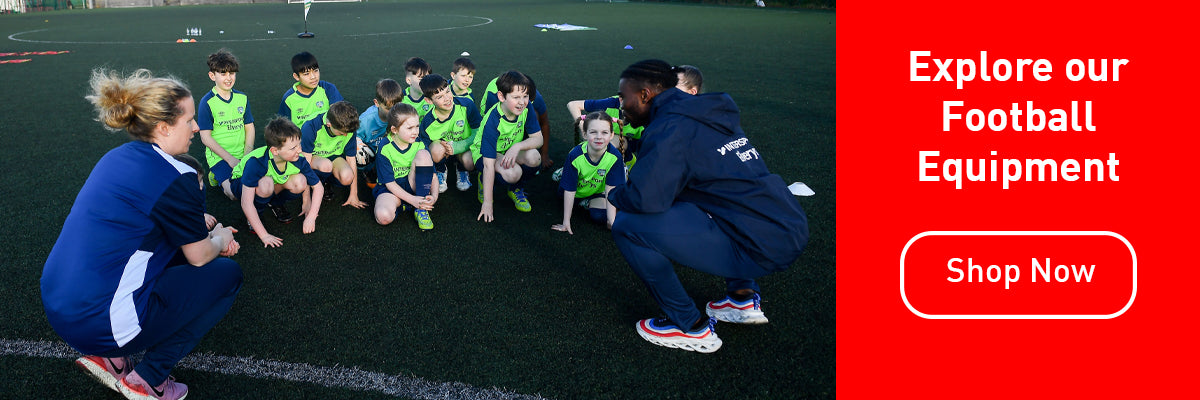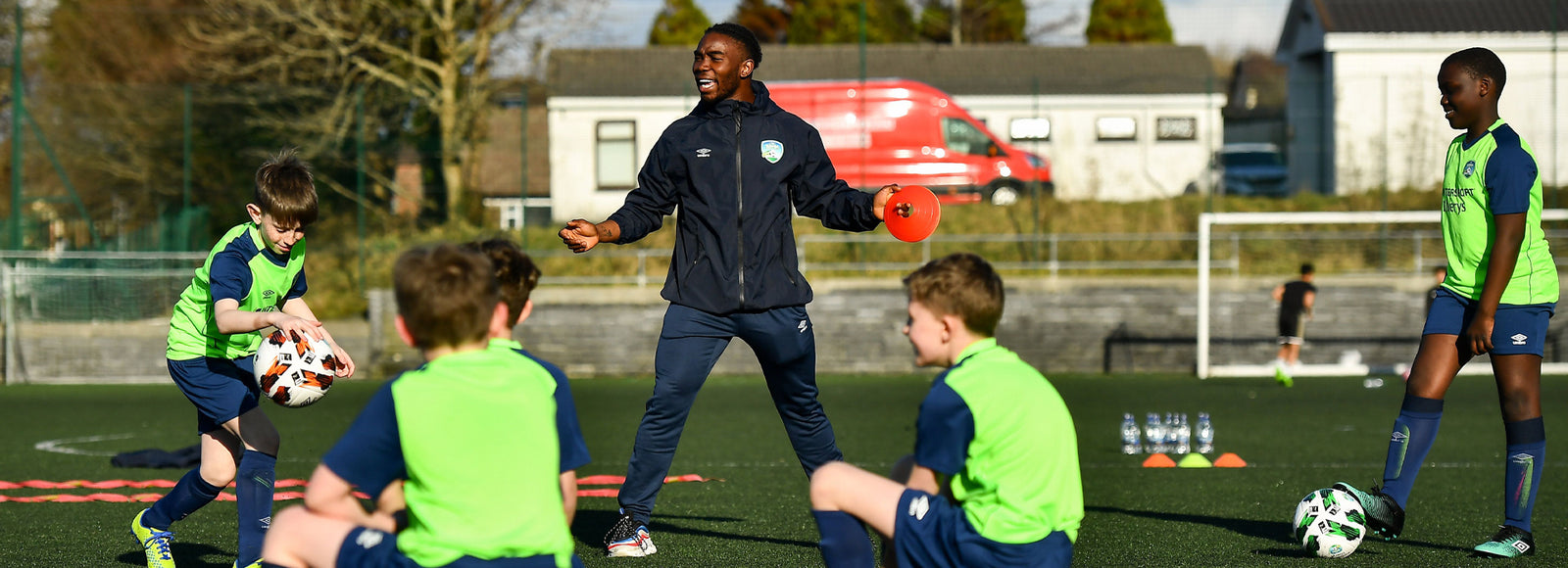
Love Football? Here’s how to get into coaching!
Do you dream of becoming the next Stephen Kenny or Sir Alex Ferguson? Or do you just want to help coach and nurture the future of football?
Or are you a former player whose career is now over and you’re looking to stay involved, spread some wisdom and have a desire to help others reach their full potential?
Sounds like you?
If yes, then maybe football coaching is for you.
In this blog, we’ll tell you all you need to know about coaching and how you can embark on a new passion.
What does a football coach do?
Being a football coach involves devotion to your team, assisting them in reaching their maximum potential, and developing the players in all areas.
Whether you’re coaching children, amateurs, or professional football players, you’ll need to give it your best to ensure the team’s success.
You’re the motivator.
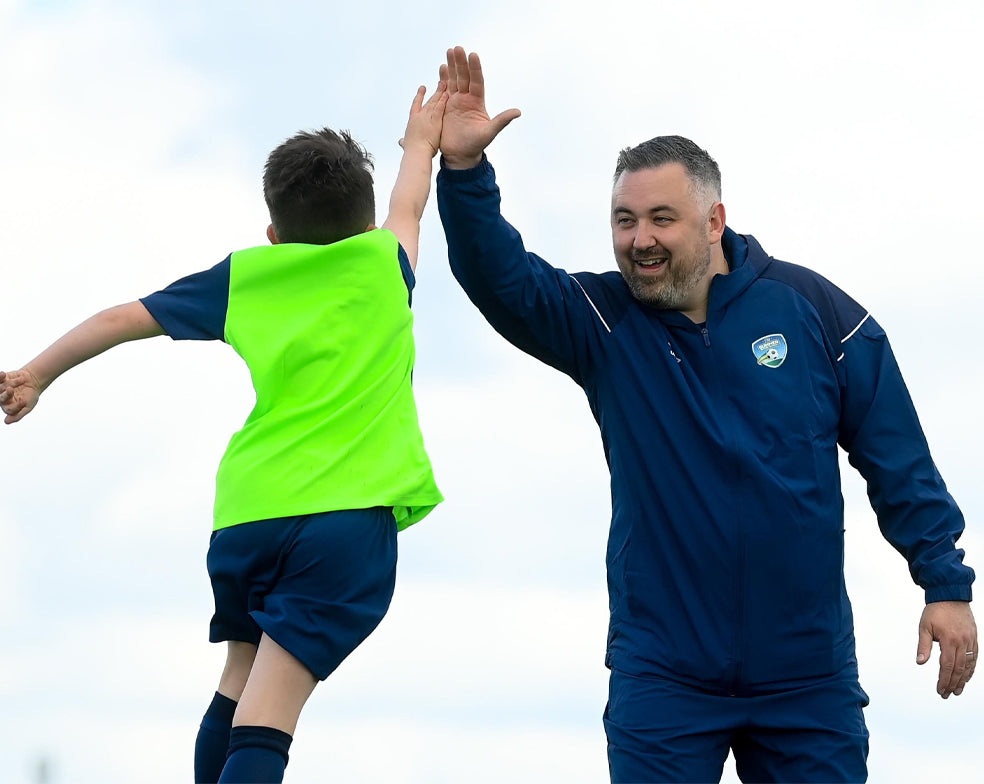
You could work in a variety of settings, including schools, universities, leisure clubs, and football clubs, and with people of various ages and skill levels.
How far you can advance in your coaching profession is determined by your level of experience and qualifications.
You might begin your coaching career as an assistant before learning the ropes and eventually assuming the reins.
While studying and working towards your qualifications, consider volunteering as a coach in a sports club. This will help you gain experience so that when you’re ready to apply for jobs, you’ll have a wonderful reference.
Doing an apprenticeship is another option you could consider. This will allow you to learn on the job while earning all of the necessary credentials.
Still fancy it?
What does it take?
The number of hours you work will be determined by the level of football you are coaching.
Evening and weekend work are required at lower levels of football, but the greater the quality of the football club, the more hours you will be required to put in.
Your commitment to your career is likely to consume some of your free time, particularly if you need to travel for football matches across the UK and abroad, which may involve overnight stays.
How do I become a football coach?
If you are starting out in grassroots football, the first thing required to become a football coach is to make sure you are Garda Vetted and have completed the FAI Safeguarding One Workshop.
Then, you can look to enter the FAI Coach Education Pathway – check it out here.
Before interacting with an organization or service, all individuals working with children and vulnerable people, whether volunteers or paid, must obtain Garda Vetting clearance.
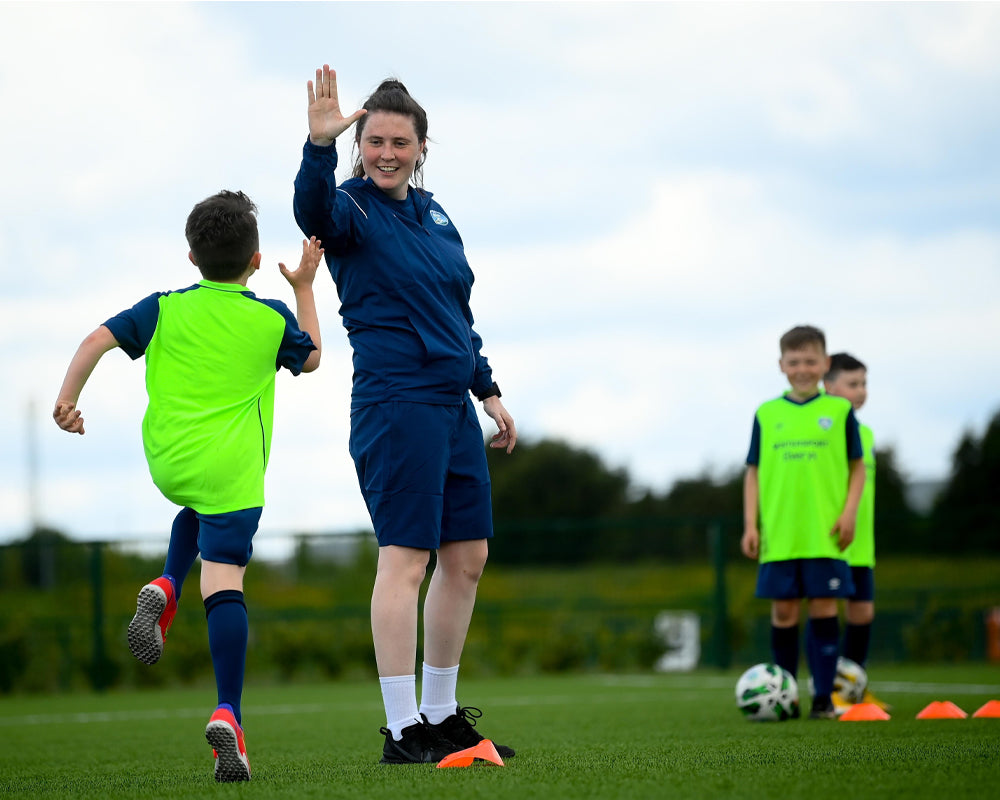
Garda Vetting is an FAI requirement for anyone who works with children or vulnerable people (in a paid or voluntary capacity). Relevant training is also an important element of the Safe recruitment process; all coaches must attend the Safeguarding 1 course.
Steps to becoming a football coach
The FAI PDP 1 course is the first step in the Coach Education Pathway and is designed for coaches who work with children in the U-6 to U-9 age groups.
It is designed for coaches of all levels and It is an 8-hour one-day training with a combination of academic and practical content.
The only condition for this course is that all participants have been vetted by the Garda and have completed the Safeguarding 1 course.
The courses are accessible all year and are geographically dispersed around the country. If you have a minimum of 10 coaches interested in attending, the training can even be held and given at your club.
Already coaching at senior level but new to coaching courses?
No worries.
The FAI has recently revamped and updated their senior game-specific course. The Adult Amateur Licence is the name of the new course, which covers all aspects of adult amateur football.
The only condition for this course is that all participants have been vetted by the Garda and have completed the Safeguarding 1 course.
The 16-hour course will include both theoretical and practical content. The training will cover the framework of the game, football actions, and coaching practice demonstrations pertaining to the adult game, to name a few topics.
Responsibilities of a football coach
So, what will your primary responsibilities be?
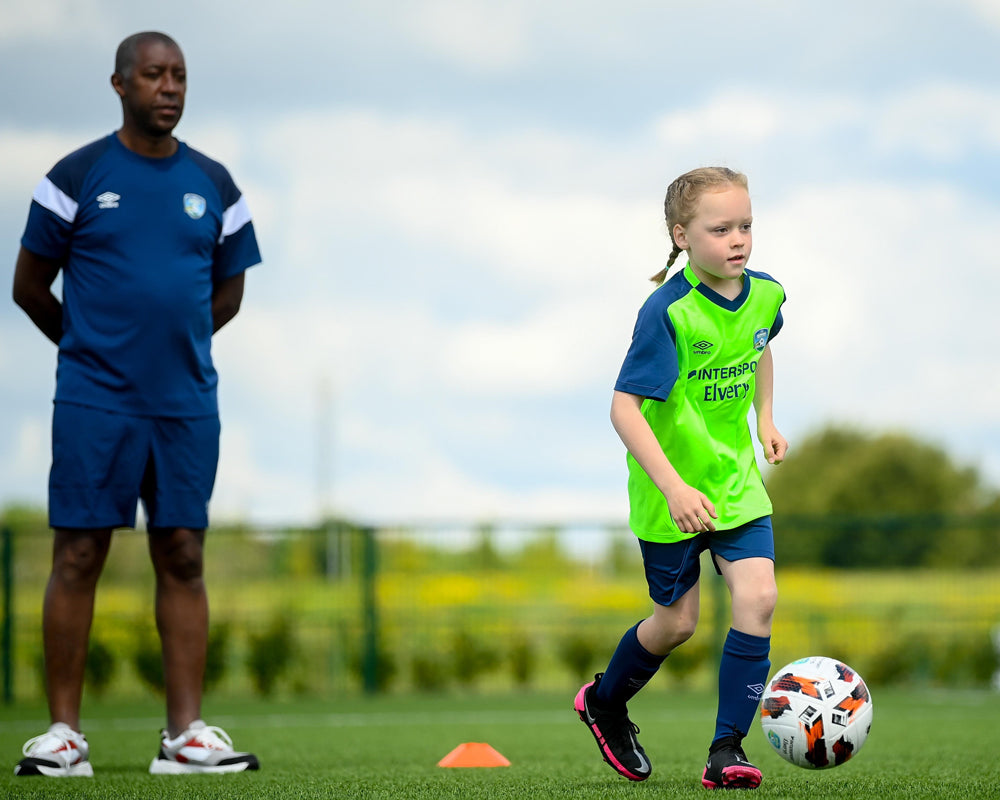
They include:
- Organizing coaching sessions
- Providing input and evaluating performance
- Inventing new strategies and ways
- Assisting the team’s physical and emotional development
- Working with additional health care providers such as physiotherapists and nutritionists
- Keeping track of things
- Sponsorship applications
- Organizing your team’s transportation
Vital Football Coach Skills
The following are the skills you’ll need for the job:
- Communication skills
- Leadership
- Teaching
- Positivity and patience
- Ability to motivate
- Organisational skills
- Physical fitness
- Ability to build relationships
- Determination and trustworthiness
Conclusion
We hope this blog helps in you deciding whether or not you want to take the plunge into the world of coaching.
We know you won’t regret it if you do.
Make sure to check out our football ranges below to make that start easier.
